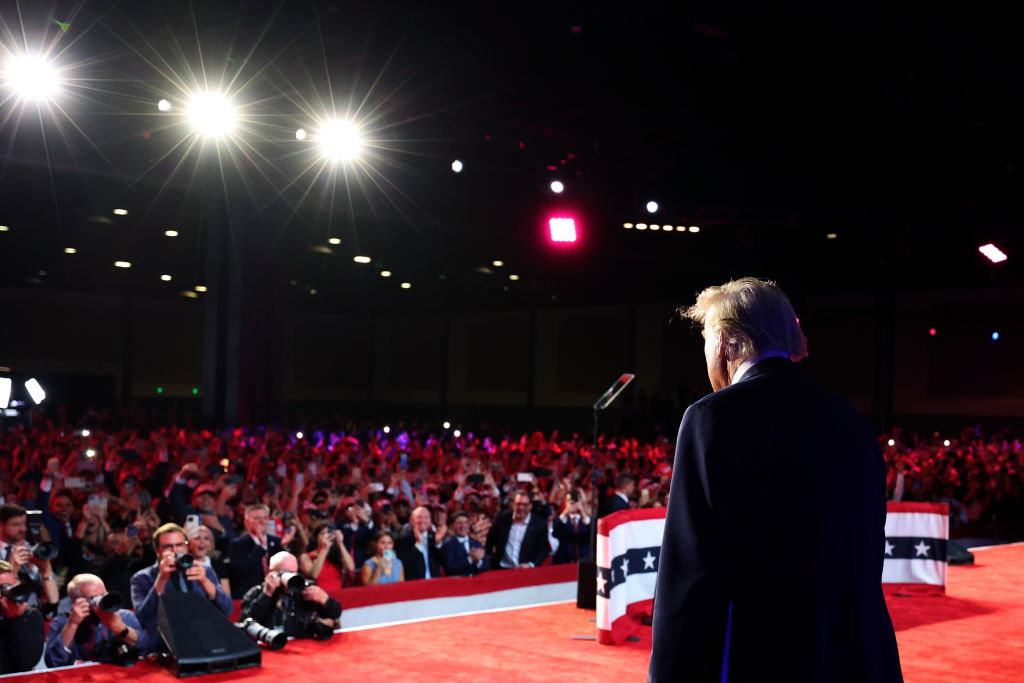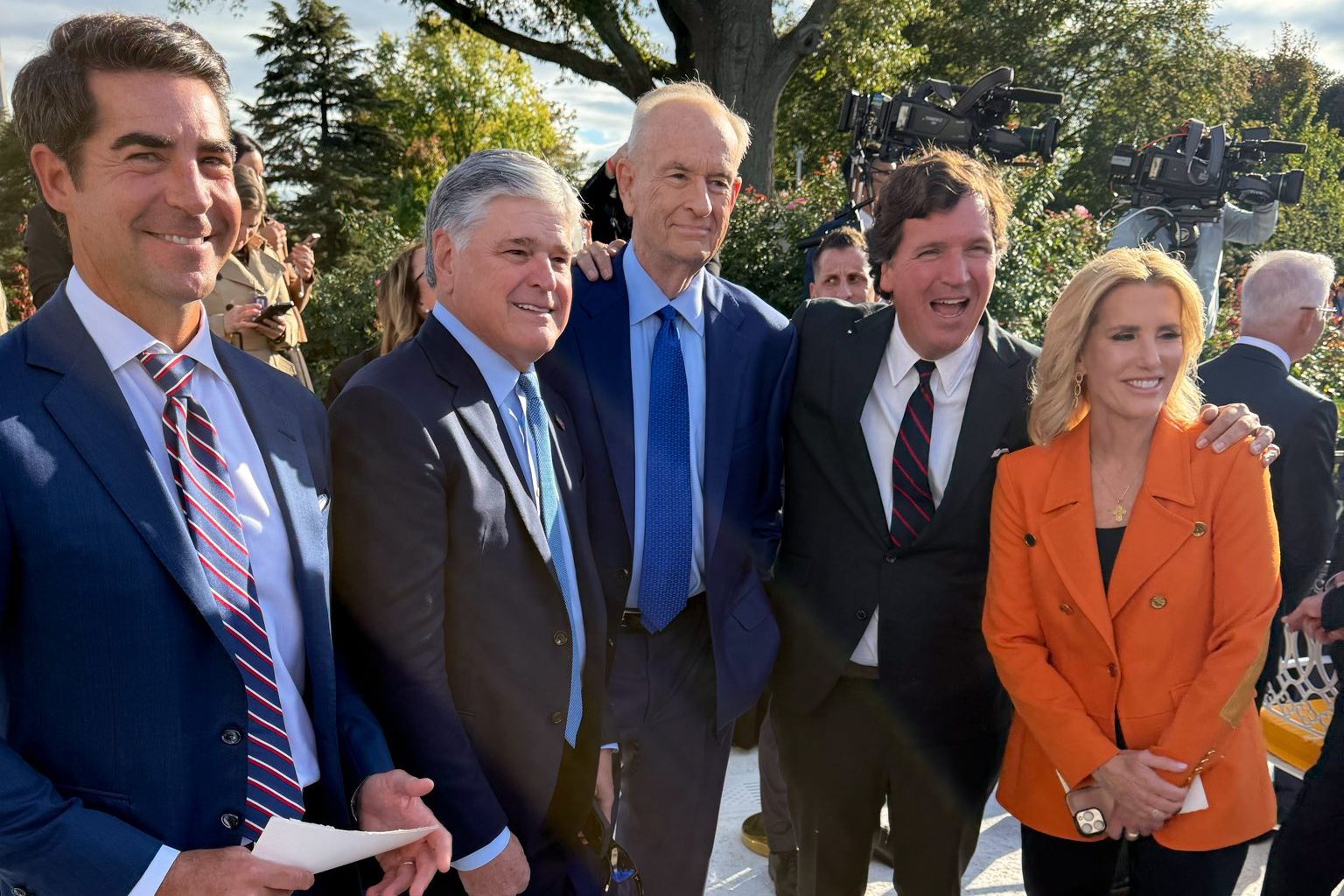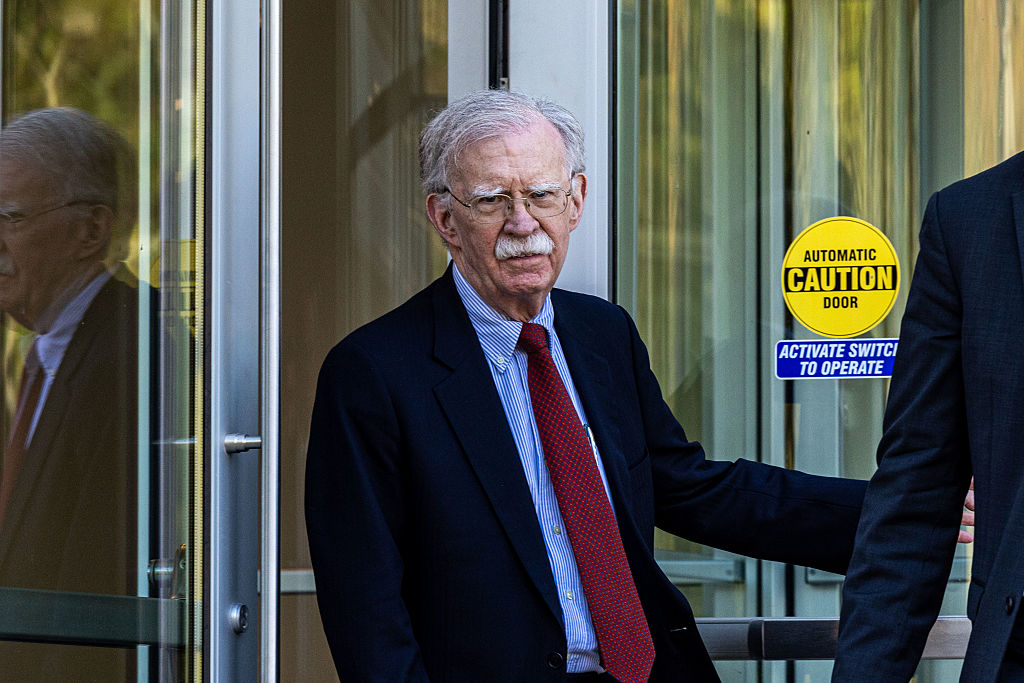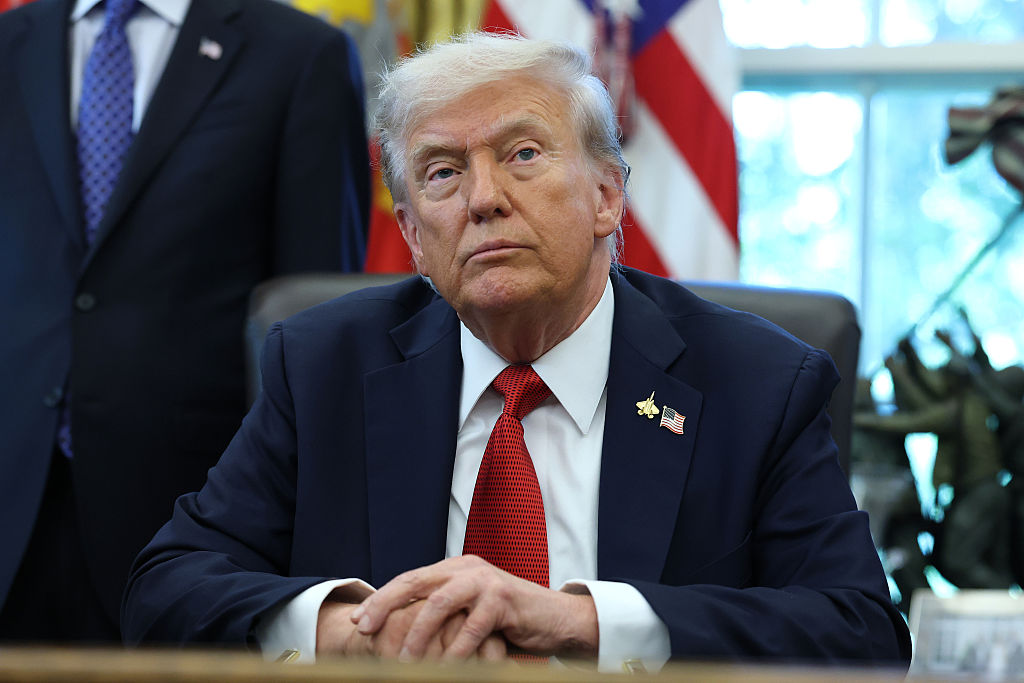The candidate who said Americans should be “unburdened by what has been” is now a has-been. The irony will be lost on her.
Also lost was the traditional graciousness — and normative necessity — of conceding defeat clearly and publicly as soon as the loss is certain. When Donald Trump failed to take that step in 2020, after exhausting his court challenges, he violated that norm and deepened our national divisions. He deepened that chasm on January 6 and later by continuing to challenge the rightful winner. Those challenges threaten the peaceful transfer of power and undermine the public consensus that the winner holds office legitimately.
Kamala Harris learned from Trump’s mistake and repeated it. She should have conceded as soon as the winner was clear, as soon as the major news outlets said it was now certain. By then, everyone knew it, including her staff and the disheartened reporters at CNN and MSNBC.
Harris’s delay was shameful. She eventually made her concession speech Wednesday afternoon. Good. But embarrassingly late.
Pres. Biden should also have promptly called the winner and congratulated him. He didn’t, also waiting until Wednesday afternoon. He was asleep and apparently had been since the dinner hours for “Early Bird Special” finished. His slumber is a metaphor for the waning days of his presidency. We still don’t know how the White House staff covered for his cognitive decline for so long, why the mainstream media was so uncurious and whether Nancy Pelosi actually threatened to use the Twenty-Fifth Amendment to oust him if he didn’t quit the race. No one has asked her or asked about the rumor that Kamala Harris was on board with the putsch.
The failure of Harris and Walz to concede promptly was the missing element in Donald Trump’s generous and effective victory speech, just before 2:30 a.m. on Wednesday morning. Typically, those speeches begin by noting that the loser has called to concede defeat (applause), congratulate the winner (more applause), say it was a hard-fought campaign and fair election and that now our country should unite and move on from here.
Since Harris hadn’t yet phoned to say that, it was missing from Trump’s speech. Its absence is telling and was not his fault. A full-throated concession is vital to the peaceful transfer of power. That’s true for all elected offices in a constitutional democracy, none more important than the presidency.
Trump’s victory lap was replete with the positive themes of his campaign. It said nothing bitter or negative. He generously named and thanked the people who had worked on his campaign, inviting several of them to speak to the crowd at the West Palm Beach Convention Center and a sleepy nation watching the event very late at night.
The big question now: how much can Trump actually get done?
A lot, even if Republicans don’t win the House (which remains up in the air at the time of writing). Since Republicans will control the new Senate, all Trump’s appointments will be approved. That includes both his picks for the Executive Branch and those for the federal bench.
There are several crucial questions here. For the judiciary, the most important is whether several aging conservative justices on the High Court will retire, knowing Trump can replace them with a like-minded justice? Will they remember the long shadow of a very old Ruth Bader Ginsburg staying beyond the time when Democrats could replace her?
The question in the Executive Branch is whether Trump’s experience as president will lead to more effective control of that vast branch this time around. His basic problem is finding appointees who meet two criteria, not just one. They must be effective, competent administrators, able to control their agencies and they must also be committed to the administration’s agenda, not their next book deal or lobbying post. Meeting that double criteria is important not only for cabinet positions but for other senior administrators, the deputy secretaries and under-secretaries who supervise their agencies’ day-to-day business.
The most important cabinet positions are traditionally the secretaries of State and Treasury. Both will be critical again this time. But so will several more high-level positions. The most important are the attorney general, directors of the FBI, CIA and National Intelligence, the national security advisor, and the secretary of Homeland Security.
Homeland Security will be in charge of building the wall with Mexico, which was more promised than delivered during Trump’s first term, and organizing the deportation of illegal immigrants, which Trump has also promised. The deportations will begin with violent criminal gangs and will require prompt judicial hearings, not a notice to return in four or five years for a court date.
The real political problems won’t be the removal of these dangerous criminals. They will be the removal of illegal immigrants who committed no crimes other than entering illegally. There are millions of such immigrants, some who have lived in the US for years. The other problem is where to send them. That’s a special problem for violent criminals and the mentally ill. The countries that opened their jails and mental institutions to get rid of them won’t want to see them return.
Turning to the attorney general, he (or she) will need to thoroughly search the records of the previous administration to ensure all officials complied with the law and constitution. Obviously, the residual lawfare prosecutions will be dropped. Goodbye Jack Smith. The divisive question is: how far to go down the same, pernicious path of politically inspired prosecutions? The right answer here is “not one step. Go only as far as the evidence demonstrates clear, provable, intentional violations of law by public officials.” The lawfare must stop, not be replicated by the other side. The model here is the greatest attorney general of the modern era: Edward Levi, who cleaned up the mess after the Nixon years.
President Biden, or whoever is minding him, can help here. He should direct the Department of Justice to withdraw the current cases against Trump now rather than waiting for the new president to do so. He should urge state courts to do the same thing.
Biden would have a self-serving reason to take those steps, even though they would infuriate Democrats. The more generous he is to Trump, the more likely Trump will be to pardon Joe Biden for any potential offenses and either pardon Hunter Biden or commute his expected jail term. To understand the political cost, remember how President Gerald Ford paid for his wise decision to pardon Richard Nixon. Ford’s opening lines of his address to the nation, explaining that decision, are worth repeating, “My fellow Americans, our long national nightmare is over. Our Constitution works; our great Republic is a government of laws and not of men.”
Would that it were always so. During the first Trump term, the FBI and intelligence agencies played a crucial — and malign — role in undermining the president. They cannot be allowed the same, secretive, unfettered, self-interested discretion this time. The problem is stopping them without impeding their essential duties. Those agencies are extremely difficult to control and have strong outside support, thanks to their close ties to Democrats in Congress, the Washington Post and New York Times. That’s why strong, fair-minded leaders for those agencies are crucial and why they must root out the partisan hacks at the mid- and lower-levels.
Next: foreign policy. There are really two big problems here. One is the ongoing warfare in Ukraine and the Middle East. The other is the trade war that is virtually certain to emerge with Europe, Mexico and China as Trump begins imposing the high-tariff regime he has promised, mainly to restore American manufacturing.
These are large, complex and vexing issues that deserve their own treatment. But we can say a few things briefly.
First, it is worth remembering that Trump lacks the power to impose a peace settlement on Ukraine, which has fought tenaciously to regain its territory. Yes, the US and its European partners can threaten to withhold weapons, ammunition and intelligence assets. That will get the warring parties to the table, but it will not ensure a stable peace if it leaves Putin’s regime in control of Ukrainian territory. They will want to retake it. He will want to expand from that base.
Trump may have more success in the Middle East, doing what he did last time: building an anti-Iran coalition, primarily around Israel and Saudi Arabia, without putting boots on the ground. But the huge decision will be about Iran’s efforts to build a deliverable nuclear bomb. Taking out those facilities deep underground will almost certainly require American military assistance, which would draw the US into a very dangerous conflict. One question is whether Trump can use credible threats against Tehran to get most of what he wants without taking full-scale military action.
On trade, the key point is to understand that Europe and China will both fight back by imposing counter-tariffs on American exports. Mexico will fight back by refusing to help with border security. Trump’s hard task will be to revitalize American manufacturing without sinking into a trade war.
Finally: what happens to the losing party?
There are mostly unanswered questions here, and only the beleaguered rump of the Democratic Party can answer them.
The first and most obvious questions are “why did Harris lose?” And, “in retrospect, could anything have been done differently that might have changed the outcome?”
Second, what issues do Democrats themselves think were most costly to them in the battleground states? Republicans know the answer for their side. It is reproductive rights and the stringent limits some states have imposed on abortions. What issues pose ongoing problems for Democrats?
Third, how will Democrats cope with the shifting alignment of voting blocs? The most worrisome for them are Hispanics and working-class whites. (For Republicans, it’s the loss of many women and upper-middle-income voters, mainly on social issues.)
That raises the 64,000-Bitcoin question: how big and wrenching will the coming changes in the Democratic Party be? The problem is that the progressive wing is strong, deeply entrenched in California and the Northeast and will fiercely resist changes that would move the party back toward the center and the long-gone days of Bill Clinton. The people left standing in the defeated party are disproportionately from the most ideologically committed states and districts. They will be pitted against top Democrats from “purple states,” who know those far-left positions won’t win.
The Democrats’ temptation will be to blame their loss on one bad candidate, one bad pick for vice president and dreadful “wrong track” numbers for the current administration, which are hard for a member of that administration to escape.
The overriding questions for Democrats whether they can move beyond blaming personalities (Biden and Harris), consider fundamental issues and reshape the party to address them.
The question for the incoming administration is whether it can accomplish most of the ambitious agenda Donald Trump has promised. He has pulled off the most astounding political comeback in American political history. Now, can he pull off a successful administration?


























Leave a Reply